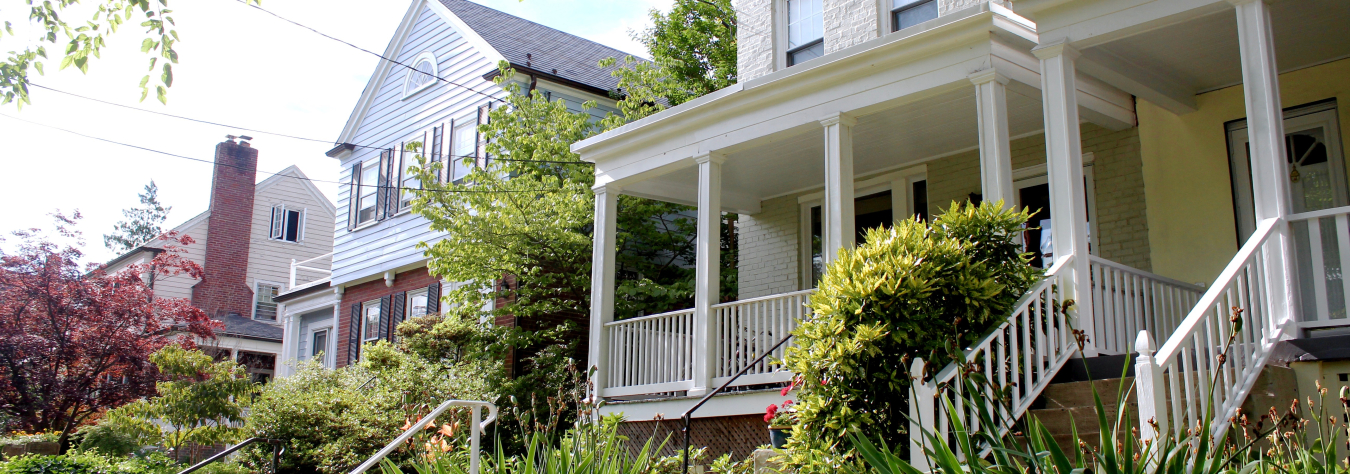Similar to a car’s miles-per-gallon rating, the Energy Department’s Home Energy Score provides homeowners with valuable information about their home’s energy performance, while also recommending improvement projects that can save energy and lower...
January 4, 2017
The Home Energy Score helps consumers know what to expect from their utility bills when buying or renting a home.
Last month the city council of Portland, Oregon, unanimously approved a new Home Energy Score policy requiring single-family homes in the city to be scored at time of sale, capping off a banner 2016 for the Building Technologies Office’s (BTO) Home Energy Score program.
Similar to a car’s miles-per-gallon rating, the Home Energy Score provides homeowners with valuable information about their home’s energy performance, while also recommending improvement projects that can save energy and lower utility bills. When incorporated into real estate transactions, a Home Energy Score allows prospective home buyers to better understand the true cost of owning a particular home, allowing them to compare the expected energy costs of different homes and affording them a measure of protection when making one of the biggest financial investments of their life.
Portland is the second city to approve a local ordinance requiring homes to be scored at time of sale, joining Berkeley, California, which passed its Building Energy Saving Ordinance back in 2015. Unlike Berkeley’s ordinance, which provides a buffer of up to 12 months after sale to get the home scored, Portland’s Home Energy Score policy requires all sellers to obtain a home energy performance report—which includes a Home Energy Score—prior to listing. Sellers must include the Score and the accompanying report in any real estate listings, and must also provide a copy of the home energy performance report to prospective buyers who visit the home while it is on the market. The policy becomes effective January 1, 2018.
The Oregon Department of Energy (ODOE) is providing statewide leadership in this area, having already established standards for home energy performance scores through a state rulemaking process. The City of Portland will look to these statewide standards to help define its local ordinance requirements. The Energy Department has worked closely with ODOE over the past two years, first as part of its stakeholder panel for home energy performance scores, and more recently through DOE’s Better Buildings Home Energy Information Accelerator. As an Accelerator Partner, ODOE is working with local energy efficiency programs and multiple listing services to make Home Energy Score and other home energy data readily available during real estate transactions.
During 2016, the number of homes rated using the Energy Department’s Home Energy Scoring Tool nearly doubled, surpassing 50,000 homes scored since program launch. This accomplishment was made possible by the hard work of over 420 Home Energy Score Assessors and 28 Partner organizations, including several utilities and the state energy offices of Alabama, Arkansas, Colorado, Connecticut, New Hampshire, Oregon, and Vermont, all of which have launched—or are currently developing—their own statewide energy scoring initiatives.

